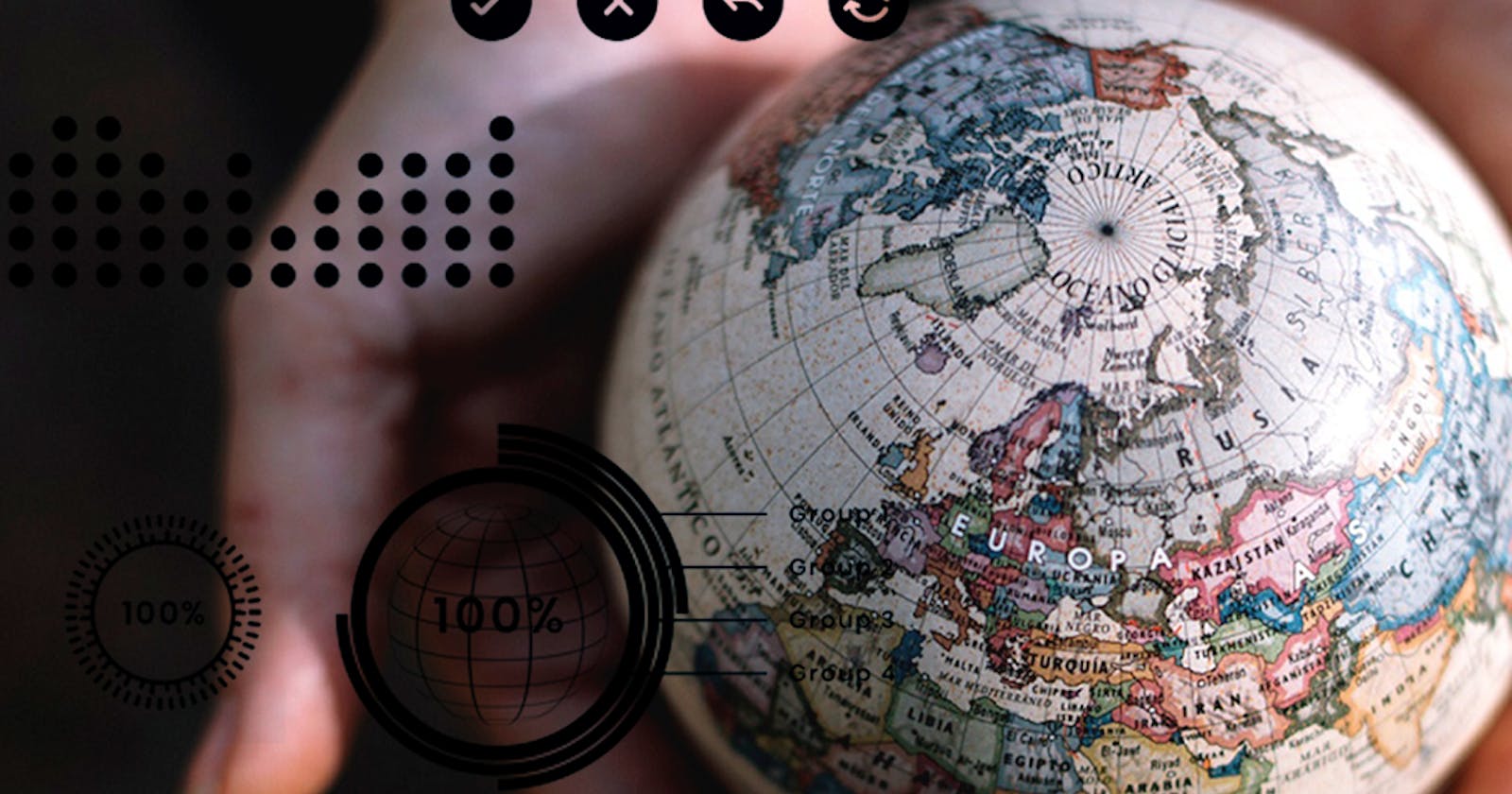The Evolving Landscape of the Translation Industry in 2023
Discover the latest trends shaping translation industry in 2023. Stay ahead in the dynamic translation industry with expert insights.
In 2023, the translation industry finds itself at a crossroads, driven by rapid technological advancements, evolving consumer demands, and a world more interconnected than ever before. As globalization continues to expand, the translation industry has become a pivotal player in facilitating effective communication across borders. In this article, we will explore the latest trends shaping the translation industry in 2023, providing expert insights to help industry professionals and businesses stay ahead in this dynamic field.
- AI and Machine Translation Dominance
Artificial Intelligence (AI) and Machine Translation (MT) have made significant strides in recent years. In 2023, these technologies have reached a point where they are integrated into the core of the translation process. AI-driven translation tools have become more sophisticated, capable of handling complex languages and contexts, reducing the need for manual intervention. While they may not fully replace human translators, they have become indispensable aids, increasing efficiency and reducing costs.
- Localization for the Global Market
In 2023, localization has taken center stage in the translation industry. Companies have recognized that effective communication requires more than just language translation; it demands adapting content culturally and contextually. Localization involves tailoring content to specific regions, considering cultural nuances, and optimizing it for local SEO. This trend ensures that businesses can resonate with diverse audiences and expand their global footprint.
- Rise of Niche Specializations
The translation industry is diversifying into niche specializations. Instead of offering general translation services, many professionals are focusing on specific industries or domains such as legal, medical, technical, or gaming. This specialization not only enhances the quality of translations but also enables translators to command higher rates for their expertise.
- Data Privacy and Security
With the growing importance of data privacy and security, the translation industry faces increasing scrutiny. In 2023, clients are more concerned about the confidentiality of their documents, especially in industries like healthcare and finance. Translation service providers are investing in robust security measures, encryption technologies, and strict data handling protocols to meet these demands.
- Remote Collaboration and Workflow Automation
Remote work and collaboration tools have become the norm in the translation industry. Project management, file sharing, and communication tools have evolved to facilitate seamless collaboration among geographically dispersed teams of translators, editors, and clients. Automated workflows, powered by AI, are streamlining project management, reducing turnaround times, and improving overall efficiency.
- Quality Assurance through Crowdsourcing and AI
Ensuring the quality of translations remains a top priority. In 2023, translation companies are employing a combination of crowdsourcing and AI-driven quality assurance processes. Crowdsourced reviews and feedback, along with AI-powered algorithms, help identify and rectify errors, maintaining high translation quality.
- Continuous Learning and Professional Development
The translation industry is witnessing a shift towards continuous learning and professional development. Translators are expected to stay updated with the latest linguistic and technological developments. Online courses, webinars, and certifications are becoming increasingly valuable for career growth.
- Green Translation Practices
As environmental concerns grow globally, the translation industry is making efforts to reduce its carbon footprint. Digitalization, remote work, and eco-friendly practices are being adopted to minimize the environmental impact of the industry.
Conclusion
The translation industry in 2023 is marked by a rapid transformation driven by AI, localization, niche specialization, data security, remote collaboration, quality assurance, continuous learning, and sustainability. Staying ahead in this dynamic landscape requires a keen understanding of these trends and a commitment to embracing technological advancements while preserving the human touch that only skilled translators can provide. Adapting to these changes will be crucial for professionals and businesses aiming to thrive in the evolving translation industry of 2023.
